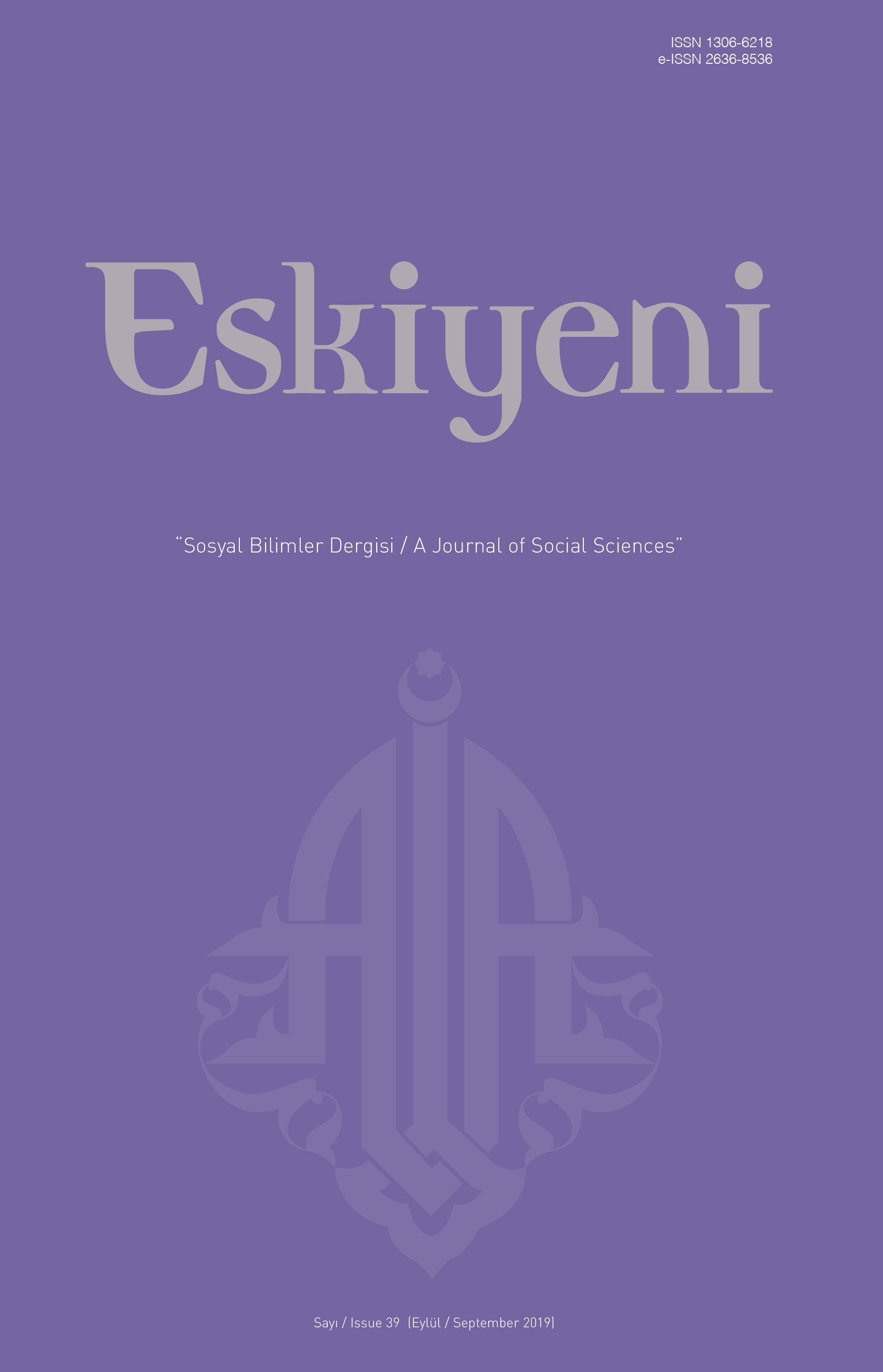Manevi Eğitim Açısından Hacı Bayrâm-ı Velî’nin Şiirlerinde Varoluşçu Temalar
Existential Themes in Hacı Bayrâm-ı Velî’s Poems in Terms of Spiritual Education
Author(s): İsa CeylanSubject(s): Education, Theology and Religion, Sociology of Religion
Published by: Anadolu İlahiyat Akademisi
Keywords: Psychology of Religion; Religious Education; Hacı Bayrâm-ı Velî; Spiritual education; Existential themes; Self; Mindfulness;
Summary/Abstract: Hacı Bayrâm-ı Velî (Ḥājjī Bayrām Walī) in his time did not remain indifferent to the problems of the society, and in solving the problems he highlighted the purpose of human existence and the search for meaning. Although the concepts in poems he wrote shed light on the needs of his time, it can be said that today’s people continue to be up-to-date in terms of responding to the universal needs and existential quests common to his self. The language and approach used in his poems are designed to address the subjective experiences and meaning processes of each individual. Similarly, he devoted importance to spiritual education and sought the solution of individual and social problems in this way. It can be said that Hacı Bayrâm-ı Velî, in particular, has handled the meaning attributed to the existence of the human being from the perspective of monotheism (tawhid). In this study, which aims to examine existential themes related to spiritual education (irshad) in Hacı Bayrâm-ı Velî’s poems, the main existentialist themes that come to the fore are as fol-lows: The emergence of inner life, awareness of the purpose of existence, spiritual needs, spiritual change and transformation, the idea of unity and harmony with the Creator.
Journal: Eskiyeni
- Issue Year: 2019
- Issue No: 39
- Page Range: 391-418
- Page Count: 28
- Language: Turkish

